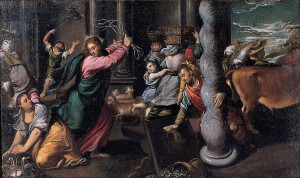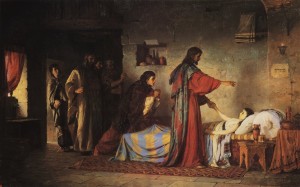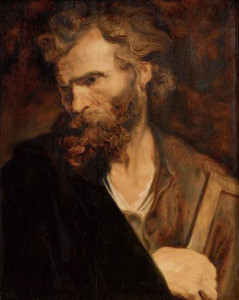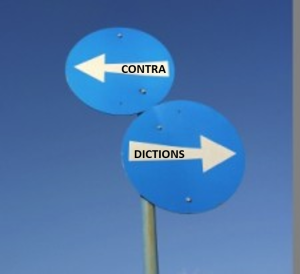The gospels relate a key event in which Jesus cleansed the Jewish temple in Jerusalem, kicking out the money changers and merchants who he felt were defiling that sacred place. In the synoptic gospels (Matthew 21, Mark 11, and Luke 19), this event is portrayed as taking place at the end of Jesus’ ministry, shortly before his crucifixion.
However, John’s gospel (chapter 2) tells us that this event took place at the beginning of Jesus’ ministry. Critics cite this as an example of contradiction between the gospels, and assert that it demonstrates the gospels’ unreliability as historical documents. Continue reading






